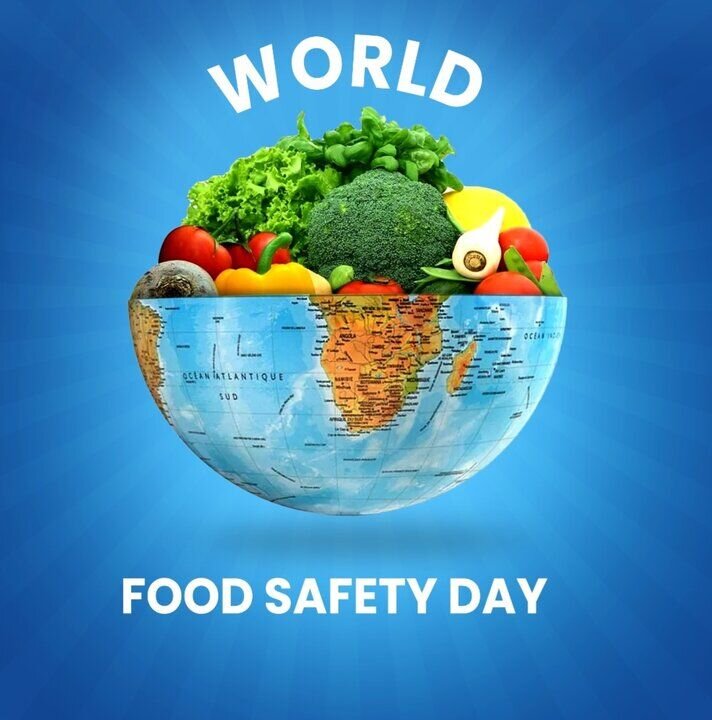TEHRAN – Food and beverage safety plays a vital role in improving public health, as unhealthy and contaminated products pose a threat to individuals’ health and place a heavy burden on a country’s healthcare system.
The healthier and safer the food consumed, the healthier society will be and the lower healthcare costs will be, Mehr News Agency reported.
Abdulazim Behfar, an official at Iran’s Food and Drug Administration (FDA), referred to the FDA’s legal measures to monitor food safety, stressing that food production facilities and imported cargo, including raw materials and finished products, are strictly monitored.
He made the remarks to mark World Food Safety Day, celebrated every year on June 7.
The aim of the day is to raise awareness and spur action to help prevent, detect and manage foodborne risks, contributing to food security, human health, economic prosperity, agriculture, market access, tourism and sustainable development.
The official further said that 4,884 complaints about food were processed in the past Iranian year (March 2023-March 2024). Of the total number of inspections, around 5,100 violators were identified and referred to judicial authorities.
Behfar said that based on the Iran FDA’s monitoring, 266 unauthorized manufacturing units have been identified and over 170,000 smuggled items have been uncovered.
“In addition, 148,000 illegal and counterfeit products were discovered in the past year and around 3.8 million kilograms of non-compliant food and drink shipments were destroyed,” he further noted.
Behfar said medical universities across Iran are enforcement agencies of the Iran FDA that inspect major distribution centers of health-related products.
Food Safety: Preparing for the Unexpected
Food safety is a shared responsibility and everyone, from producer to consumer, needs to play a role.
However, even if we all play our part, there will be exceptional circumstances when something unforeseen happens and food safety is compromised.
Still, there are always things you can do to avoid getting sick.
Food safety incidents can range from minor events such as a power outage at home, food poisoning at a local restaurant, a manufacturer voluntarily recalling a contaminated product, an outbreak caused by an imported product, or a natural disaster, to major international crises.
Food safety hazards cross borders, and as the world’s food supply becomes increasingly interconnected, the risk posed by unsafe food can quickly escalate from a local issue to an international emergency.
This year’s theme, “Food Safety: Preparing for the Unexpected,” emphasizes the importance of being prepared for food safety incidents, whether minor or severe.
A food safety incident is a situation where there is a potential or confirmed health risk associated with the consumption of food. Food incidents can occur due to accidents, improper management, food fraud, natural disasters, etc.
Responding to a food safety incident requires committed efforts from policy makers, food safety authorities, farmers and food businesses, but consumers can also play an active role.
Why improving food safety is important
Access to sufficient and safe food is key to sustaining life and promoting health.
Food poisoning is usually infectious or toxic, often invisible, and occurs when bacteria, viruses, parasites, or chemicals enter the body through contaminated food or water.
Food safety plays a vital role in ensuring food safety at every stage of the food chain, from production, harvesting, processing, storage, distribution, preparation and consumption.
With an estimated 600 million cases of food-related poisoning each year, unsafe food is a threat to human health and economies, disproportionately affecting vulnerable and marginalized groups, especially women and children, people affected by conflict and migrants.
An estimated 420,000 people die each year worldwide after eating contaminated food, and children under the age of five bear 40% of the burden of foodborne disease, causing 125,000 deaths each year.
This International Day is an opportunity to strengthen efforts to ensure the safety of the food we eat, mainstream food safety on the public agenda and reduce the burden of foodborne illnesses globally.
MT/MG


